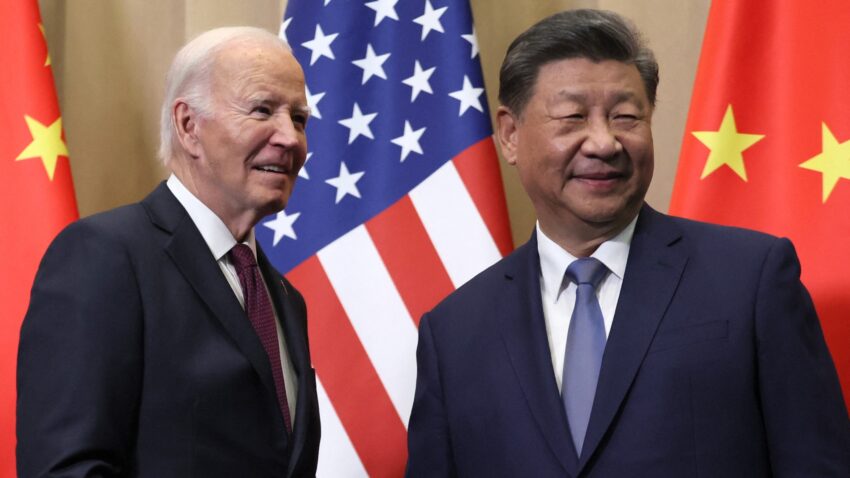What next?
“Taiwan is buckling up for what could be a far more volatile relationship with Washington,” said CNN. Trump has stacked his new cabinet with “China hawks.” On the campaign trail Trump argued that Taiwan should pay the United States “protection money” while also saying the country had “stolen” America’s electronics chip-making businesses. That leaves leaders in Taipei City nervous, said Chen Ming-chi, a former senior advisor to Taiwan’s National Security Council. Trump’s “unpredictability,” he said, means “we don’t know if Taiwan will be safer or more dangerous under his second term.”
Explore More
china
Taiwan
Donald Trump
Joe Biden
“The incoming administration should reject China’s red lines as unworkable both in principle and in practice,” Jack Burnham said at the Foundation for Defense of Democracies. It is not only Taiwan: Beijing has announced it considers efforts to promote democracy in China and U.S. sanctions to limit Chinese trade and technology acquisition to be other “red lines” that American leaders should not cross. The new Trump Administration should ignore those warnings. Why? “China is attempting to preemptively set the tone of the relationship,” Burnham said.
From our morning news briefing to a weekly Good News Newsletter, get the best of The Week delivered directly to your inbox.
Sign up
What did the commentators say?
“China is seeking to set the terms for the U.S.-China bilateral relationship for the next four years,” David Sacks said at the Council on Foreign Relations. Beijing’s talk of “red lines” — including at a recent meeting between Biden and Chinese leader Xi Jingping — is a warning to the U.S. “not to pursue certain policies.” China understands the United States probably will not abide by those lines, under Biden or Trump, but publicly announcing them “gives Beijing the opportunity to put the onus on Washington for heightened tensions,” Sacks said. Despite that, it seems likely that “U.S. security cooperation with Taiwan will continue apace.”

